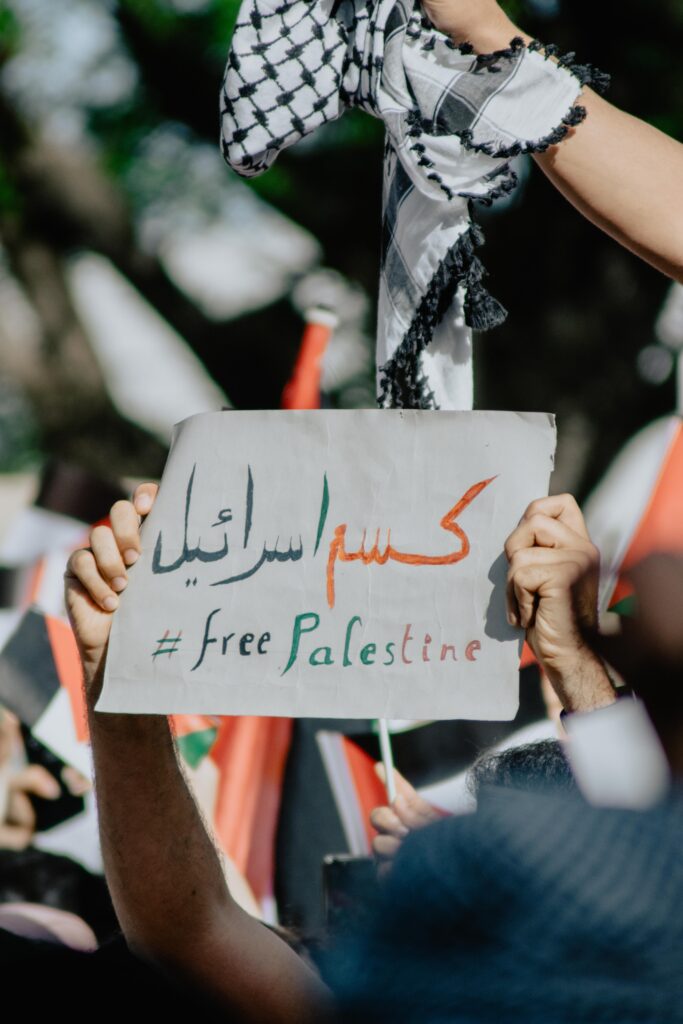
When Myanmar became military-led following a coup, Malaysia offered constructive solutions that considered both the country’s military and opposition. However, ASEAN has still not managed to effect meaningful change in Myanmar, mainly due to concerns over stirring controversy among other member nations.
The same can be said for the spread of terrorism around the globe.
While ASEAN members have suffered terrorism at the hands of Al-Qaeda, ISIS, and others over the years, the bloc continues to remain silent on the Israeli-Palestinian violence two weekends ago.
But how can it do so? Can ASEAN afford to engage in a political maneuver that will alienate it from leading nations of the world including their own?
The truth is, that ASEAN’s diversity makes it challenging to arrive at significant diplomatic resolutions for this particular crisis. The organization relies on cooperation from nations that support both Israel and Palestine, with some members being allies to one or both sides.
But perhaps, this complexity is precisely what can enable ASEAN to issue statements on such crises.

There is a tendency to believe that countries must either be pro-Palestine or pro-Israel, but the truth is you can be both.
It’s possible to denounce terrorism and encroachment on sovereignty on both sides, while also helping both people survive by providing educational tools. ASEAN may not possess the enormous financial resources of the USA or China, but it wields comparable influence and population.
With this in mind, maybe a series of videos or a policy proposal can help decrease tensions in the region.
However, anything more than this would probably be unwise because ASEAN needs to first focus on its own people.
Living standards across many nations are very low.
Danger looms across the region from drug and human traffic smuggling to terrorism and encroaching countries. In other words, the very issues the Holy Land faces are the very issues ASEAN faces if not more!
Sure, it may not be as noticeable because many regions of ASEAN are hidden from popular media, but it does not change the fact that there are wars happening within the bloc’s own borders and ASEAN must first focus on these!
This situation is akin to airline safety instructions that advise passengers to secure their own oxygen masks before assisting others. If ASEAN doesn’t wear its own mask (or attend to its own issues), it could jeopardize its ability to help those in need, especially when other international entities can also offer assistance.
Moreover, it might not even be ASEAN’s role to issue such statements. It’s crucial to remember that ASEAN is a confederation and an economic alliance of independent sovereign states, each responsible for formulating its own foreign policy.
In other words, ASEAN’s purpose is to provide unity among divisions, so why risk ASEAN creating more division when division already exists?
Concerning this issue, there are distinct stances within ASEAN. Three member states, namely Indonesia, Malaysia, and Brunei, do not recognize Israel, while Singapore does not officially recognize Palestine. This divergence in recognition reflects various national interests.
In this present conflict, Singapore has displayed a more favorable attitude towards Israel as Singapore is very safety-oriented, whereas Indonesia (being the largest Muslim-majority nation in the world) and Muslim-majority states like Brunei and Malaysia naturally have been more friendly to Palestine.
Meanwhile, Filipino and Thai foreign workers have been subject to murder and kidnapping by Hamas, leading these member states to prioritize their citizens in the conflict. Complications have forced each nation to navigate a delicate balance between supporting either side, which could lead to violence and the loss of key allies.

Perhaps, the only thing ASEAN should do in response is to make sure ASEAN itself is safe from the repercussions of the conflict because nothing would be worse for the nations than to see ethnic and religious violence increase when it is already so high and some member states are already grappling with such issues.
In conclusion, the most important task for ASEAN must be to unify its own people while accepting their differences. If any nation or group within ASEAN adopts its response, the organization should be prepared to mediate disputes among its members and develop a unified stance agreeable to all. Anything beyond this can risk unnecessary conflict for many nations already suffering more than those in the Holy Land.